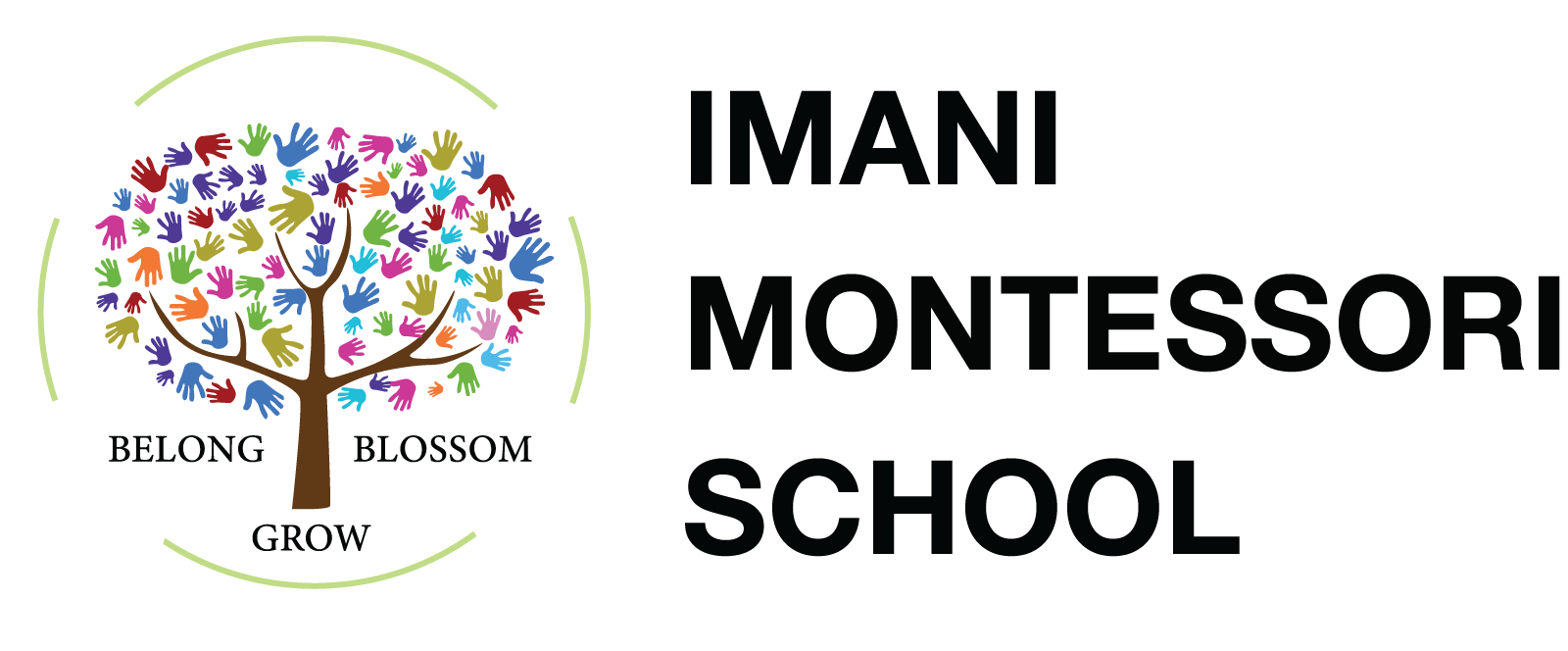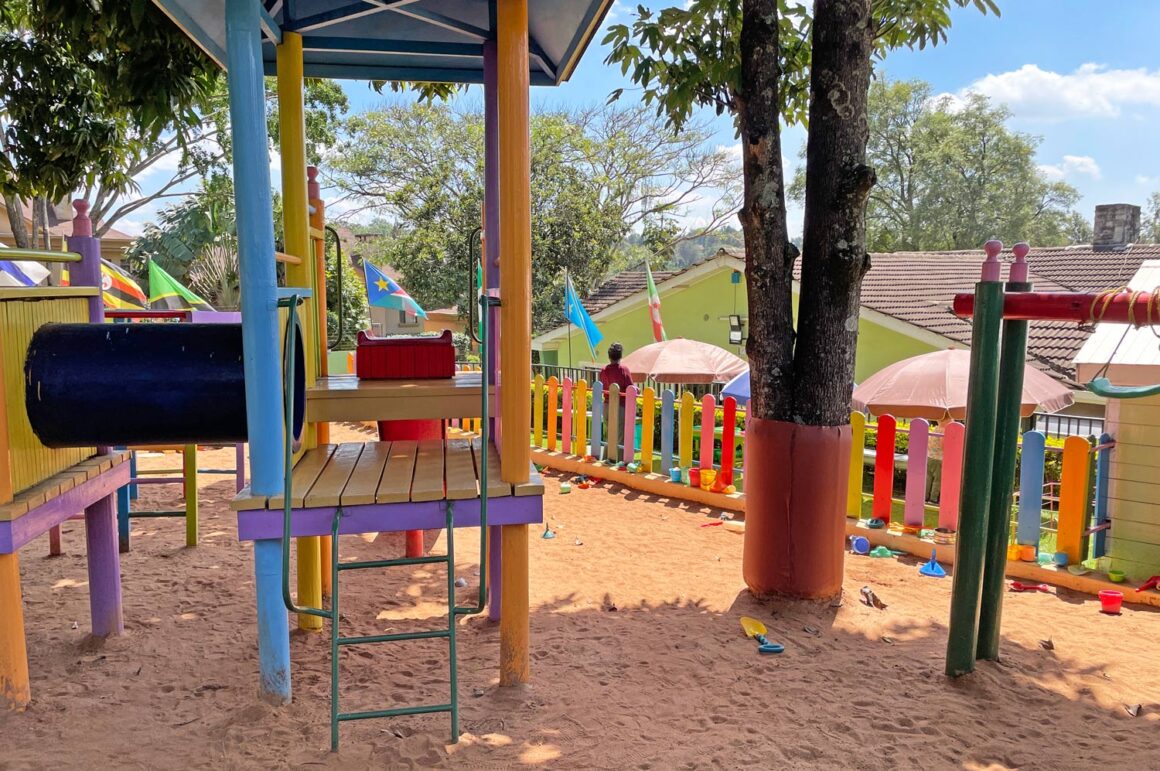By the time a child turns four, their brain has almost completed most of its physical growth, but it’s the quality of experiences in those early years that truly shapes how they think, learn, and relate to the world.
In the Montessori setting, we call the first six years of life the “absorbent mind” period. During this time, children are like sponges, soaking up language, movement, social behaviours, and problem-solving skills without conscious effort. Starting Montessori before age four means giving a child more time to work within this window, and that can have a lasting impact on their future learning.
The power of the early years
Between birth and age six, neural connections form at a rate that will never be matched later in life. In these years, children are especially sensitive to learning certain skills, we call these sensitive periods.
Before age four, these sensitive periods are in full swing for:
-
Order – wanting to understand how things fit together and work.
-
Movement – refining both gross and fine motor skills.
-
Language – rapidly absorbing vocabulary, grammar, and pronunciation.
-
Social behaviour – learning how to interact with others.
Montessori classrooms are designed to match these sensitive periods, providing materials and activities that meet the child exactly where they are in their development.
More time for independence to grow
When children start Montessori at age 2½ or 3, they have more time to build independence before entering the primary years. They learn to care for themselves (washing hands, dressing, preparing snacks), care for the environment (watering plants, tidying their space), and work with others respectfully.
These are not “extras”, they are the foundation for self-motivation, focus, and confidence in learning. By the time these children are four or five, they move through the classroom with a sense of ownership and capability that can’t be rushed.
A smoother social transition
Joining a Montessori environment earlier also means a gentler social transition. Younger children enter a mixed-age classroom where they can observe and learn from older peers. They see what’s possible, they receive help when needed, and they quickly pick up the language and habits of the community.
By the time they are the older children in the class, they are ready to mentor others, reinforcing their own skills while developing leadership qualities.
Building the academic foundations naturally
The Montessori curriculum doesn’t push academics on three-year-olds, but it does offer rich, hands-on materials for literacy and maths from the start.
A child might first explore language through sound games and sandpaper letters, building familiarity before moving to the Moveable Alphabet. In maths, they might count objects, match quantities to numerals, and build towers or bead chains that make number concepts tangible.
Starting before age four allows these concepts to develop gradually, without pressure. By the time more formal work begins, the foundations are already solid.


Join the Conversation